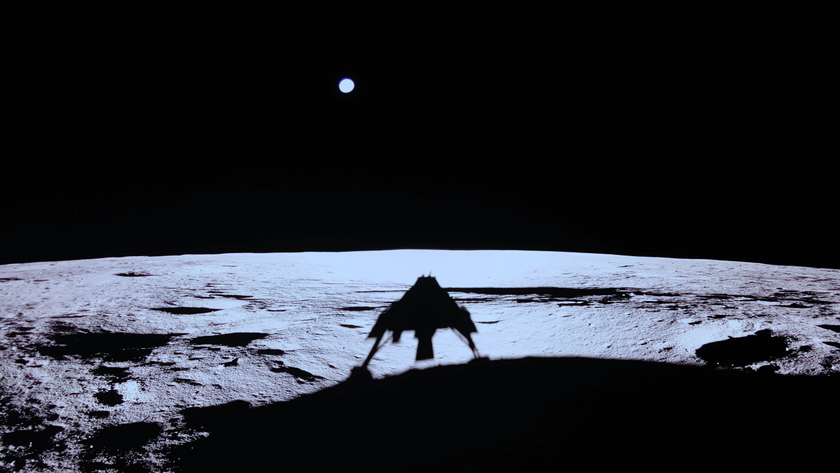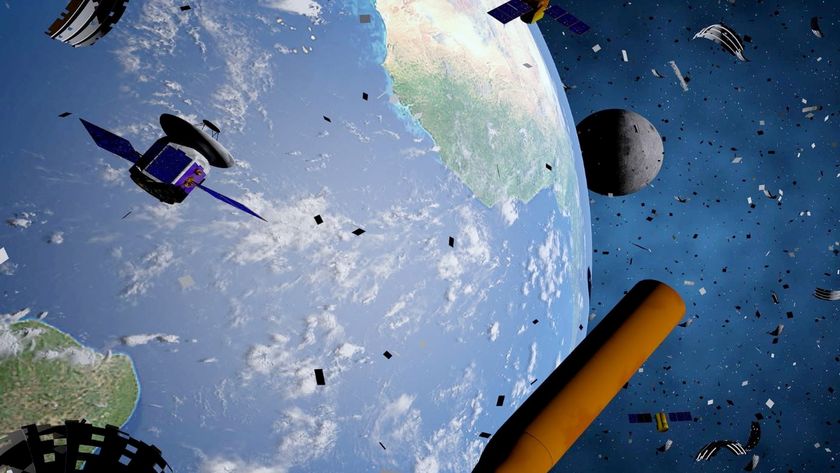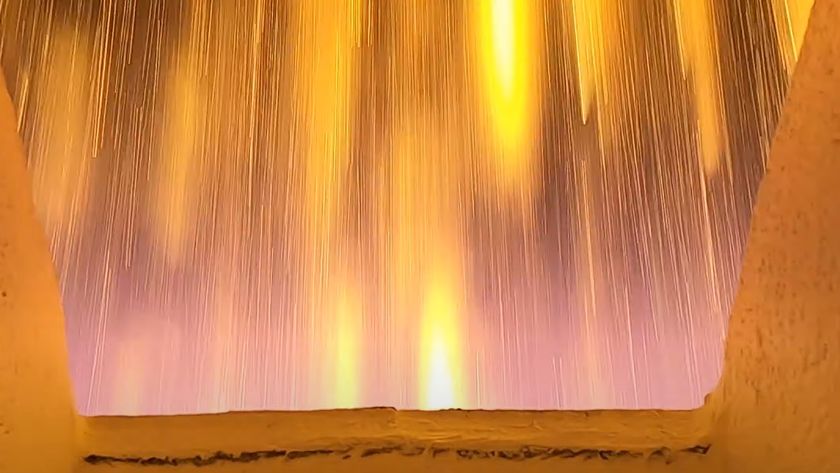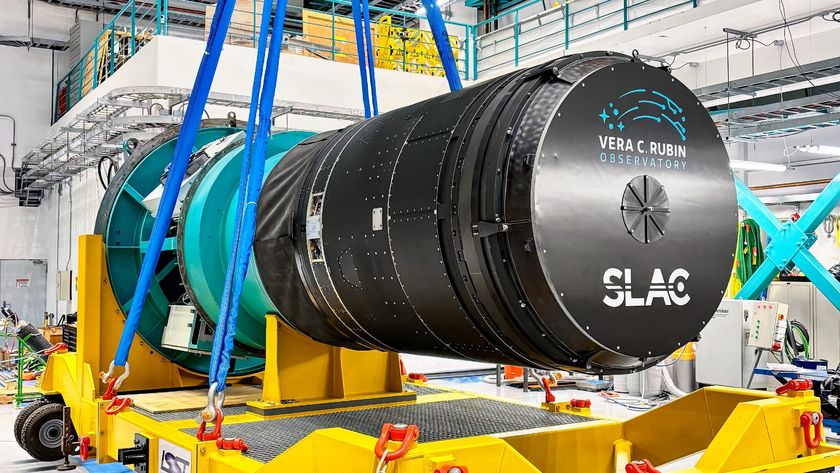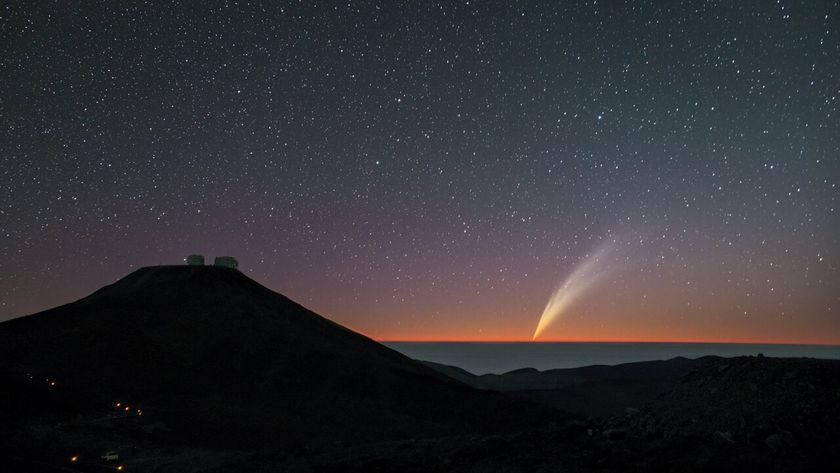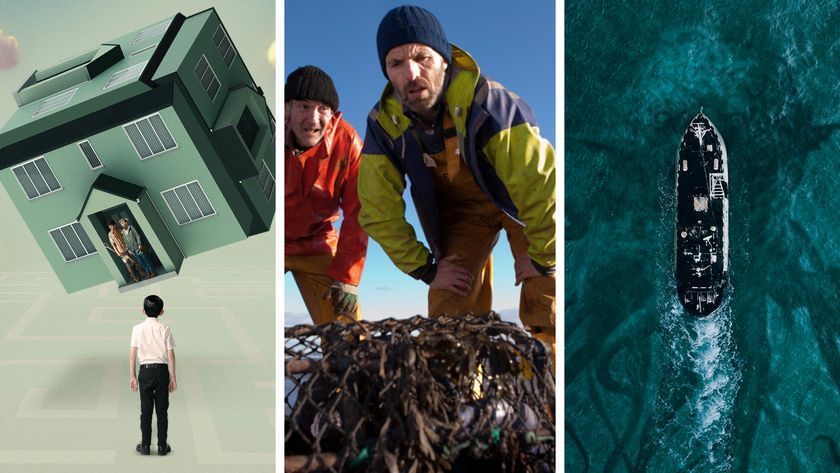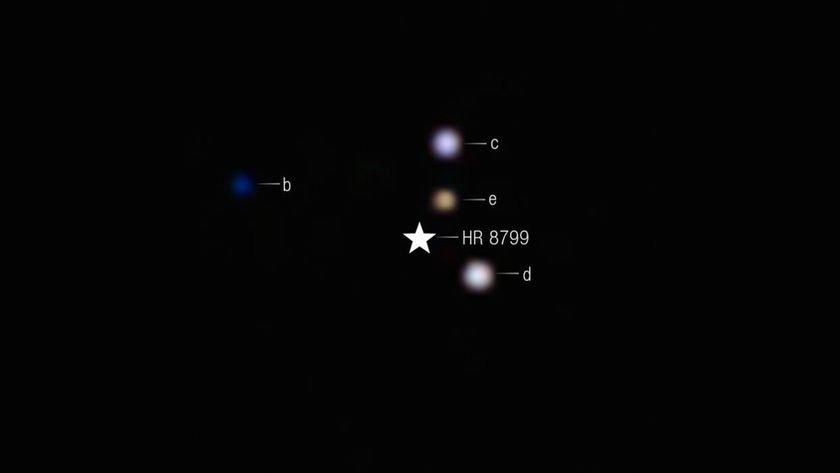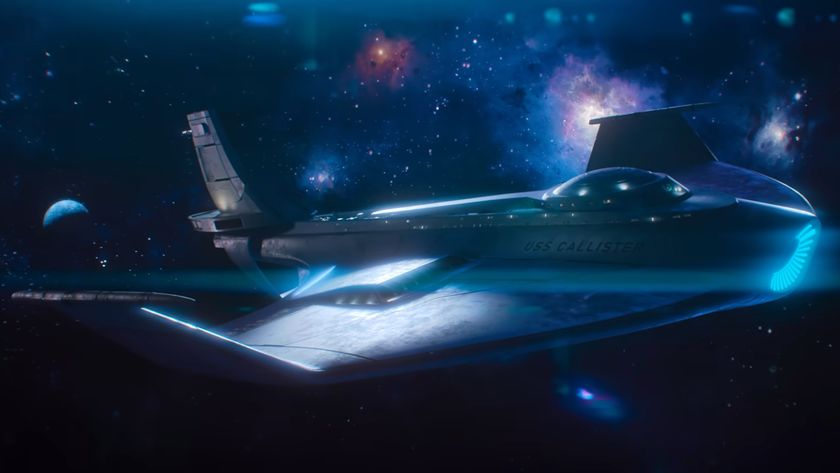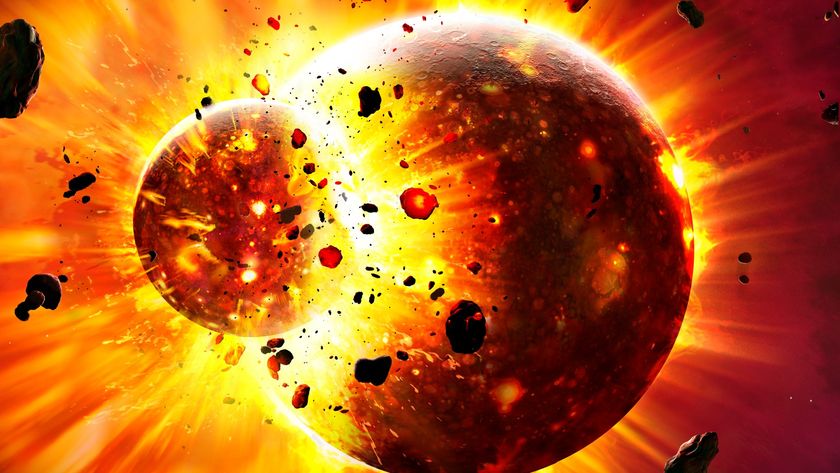Russia Launches Robot Cargo Ship Toward Space Station
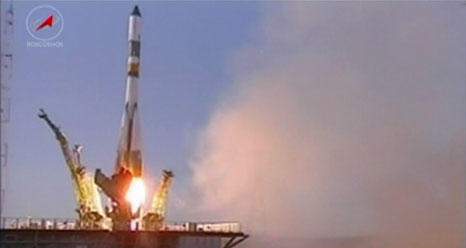
An unmanned Russian cargo ship launched into space Tuesday (June 21), carrying a fresh load of supplies and equipment for astronauts on the International Space Station.
The Progress 43 cargo ship blasted off at 10:38 a.m. EDT (1438 GMT) from the Baikonour Cosmodrome in Kazakhstan in Central Asia. The robot resupply vehicle will dock at the space station's Russian Zvezda service module on Thursday (June 23).
"There's a little less than 3 tons of supplies, equipment, fuel and oxygen," NASA spokesman Kelly Humphries told SPACE.com. "There's about 47 kilograms (104 pounds) of NASA, [European Space Agency] and [Canadian Space Agency] science supplies and equipment."
Russia's Progress spacecraft resemble the country's three-module Soyuz capsules that carry cosmonauts and astronauts into orbit. Progress vehicles, however, carry a fuel pod in place of a crew module in order to replenish the space station's supplies.
Progress vehicles are disposable and routinely burn up in Earth's atmosphere once their missions are complete.
The Russian Progress launched a day after another unmanned cargo ship departed from the International Space Station to be intentionally burned up during re-entry into Earth's atmosphere.
The European Automated Transfer Vehicle-2 (ATV-2), also called the "Johannes Kepler," delivered 7 tons of cargo to the space station when it docked on Feb. 24. The vehicle carried fuel, water, food and scientific experiments to the orbiting outpost. [ATV's Fiery Obliteration Explained]
Get the Space.com Newsletter
Breaking space news, the latest updates on rocket launches, skywatching events and more!
After spending about four months attached to the Zvezda service module, the ATV-2 was filled with trash and unneeded cargo, and undocked from the station at 10:46 a.m. EDT (1446 GMT) on Monday (June 20). The spacecraft's departure made way for the arrival of the Progress later this week.
The ATV-2 is expected to burn up over the Pacific Ocean later today.
The space station is currently home to six residents – commander Andrey Borisenko and flight engineers Alexander Samokutyaev and Sergei Volkov of Russia, Ron Garan and Mike Fossum of NASA, and Japanese astronaut Satoshi Furukawa. The six spaceflyers make up the station's Expedition 28 mission.
You can follow SPACE.com Staff Writer Denise Chow on Twitter @denisechow. Follow SPACE.com for the latest in space science and exploration news on Twitter @Spacedotcom and on Facebook.
Join our Space Forums to keep talking space on the latest missions, night sky and more! And if you have a news tip, correction or comment, let us know at: community@space.com.

Denise Chow is a former Space.com staff writer who then worked as assistant managing editor at Live Science before moving to NBC News as a science reporter, where she focuses on general science and climate change. She spent two years with Space.com, writing about rocket launches and covering NASA's final three space shuttle missions, before joining the Live Science team in 2013. A Canadian transplant, Denise has a bachelor's degree from the University of Toronto, and a master's degree in journalism from New York University. At NBC News, Denise covers general science and climate change.
